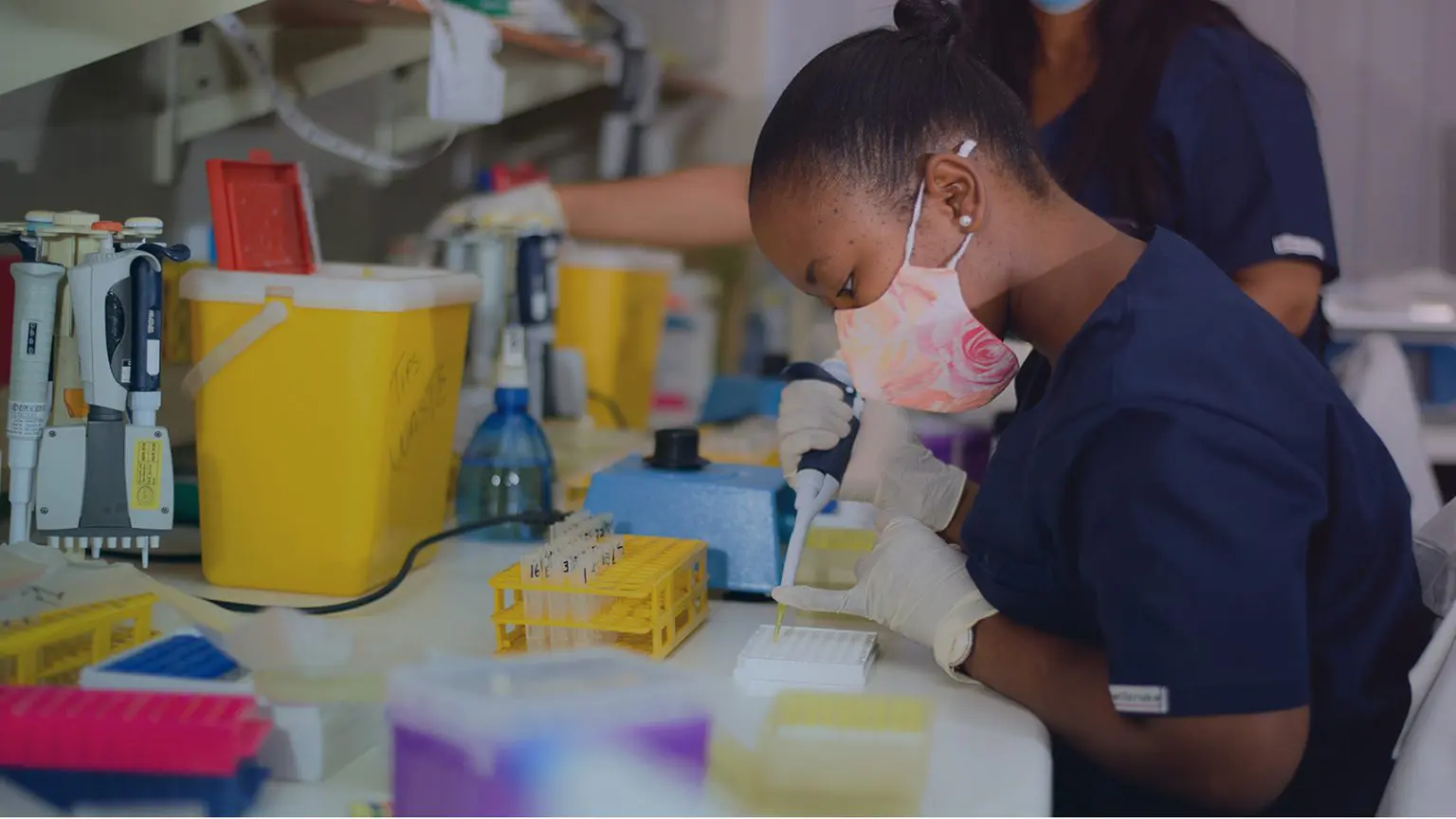ESWATINI – In a recent study, Vaccines and Infectious Analytics Research (VIDA) at the University of Witwatersrand identified potential advantages of hybrid immunity, which results from past COVID-19 infection and immunisation against coronavirus variants and subvariants.
The finding in the study entitled ‘Population Immunity and COVID-19 Severity with Omicron Variant in South Africa’ comes at a time when a combination of COVID-19 and coronavirus variations continues to pose a serious danger to global health security and public health.
People who have had both the COVID-19 vaccination and prior contact with the virus are less likely to get severe, critical, or deadly COVID-19, according to new research from the University of Witwatersrand Vaccines and Infectious Analytics Research.
In the general population of Gauteng, the study’s researchers calculated the number of seropositives, or those who had antibodies against SARS-CoV-2, and discovered that those who received both the vaccination and prior exposure to COVID-19 were 93.1 per cent more likely to be seropositive.
The study finds that immunisation of people even after they have had the disease guarantees that they have greater levels of antibodies for a longer length of time, highlighting the importance of this for illnesses like COVID-19 that cause severe sickness and death.
In contrast to the proportions observed during prior waves, there were significantly fewer hospitalizations and fatalities attributable to COVID-19 during the fourth wave. According to the study, the proportion of patients needing hospitalisation increased from 1 in 24 to 1 in 100 as a result of the omicron variation.
The study emphasises that the identification of hybrid COVID-19 immunity represents a promising development in the fight against the COVID-19 pandemic, but it also emphasises the importance of immunisation and booster doses, especially for high-risk groups, even for those who have already contracted COVID-19.
According to the World Health Organization, hybrid immunity refers to the immunological response in people who have received one or more doses of the COVID-19 vaccine plus at least one SARS-CoV-2 infection, either before to or following the start of the vaccination.
According to the Wits VIDA study, super immunity, often referred to as hybrid immunity, has been identified as the most effective method for lowering the risk of COVID-19, severe sickness and death caused by the SARS-Cov 2 virus.
There are two forms of immunity, natural immunity, which individuals build via exposure to illnesses, and vaccine-induced immunity, which develops as a result of vaccination, according to Dr. Portia Mutevedzi, the study’s author at Wits VIDA.
The Senior Epidemiologist went on to say that hybrid immunity is regarded a second layer of protection against COVID-19, and he urged the public to keep aware about the unexpected mutation of COVID-19, as new developing variations may necessitate booster shots.

